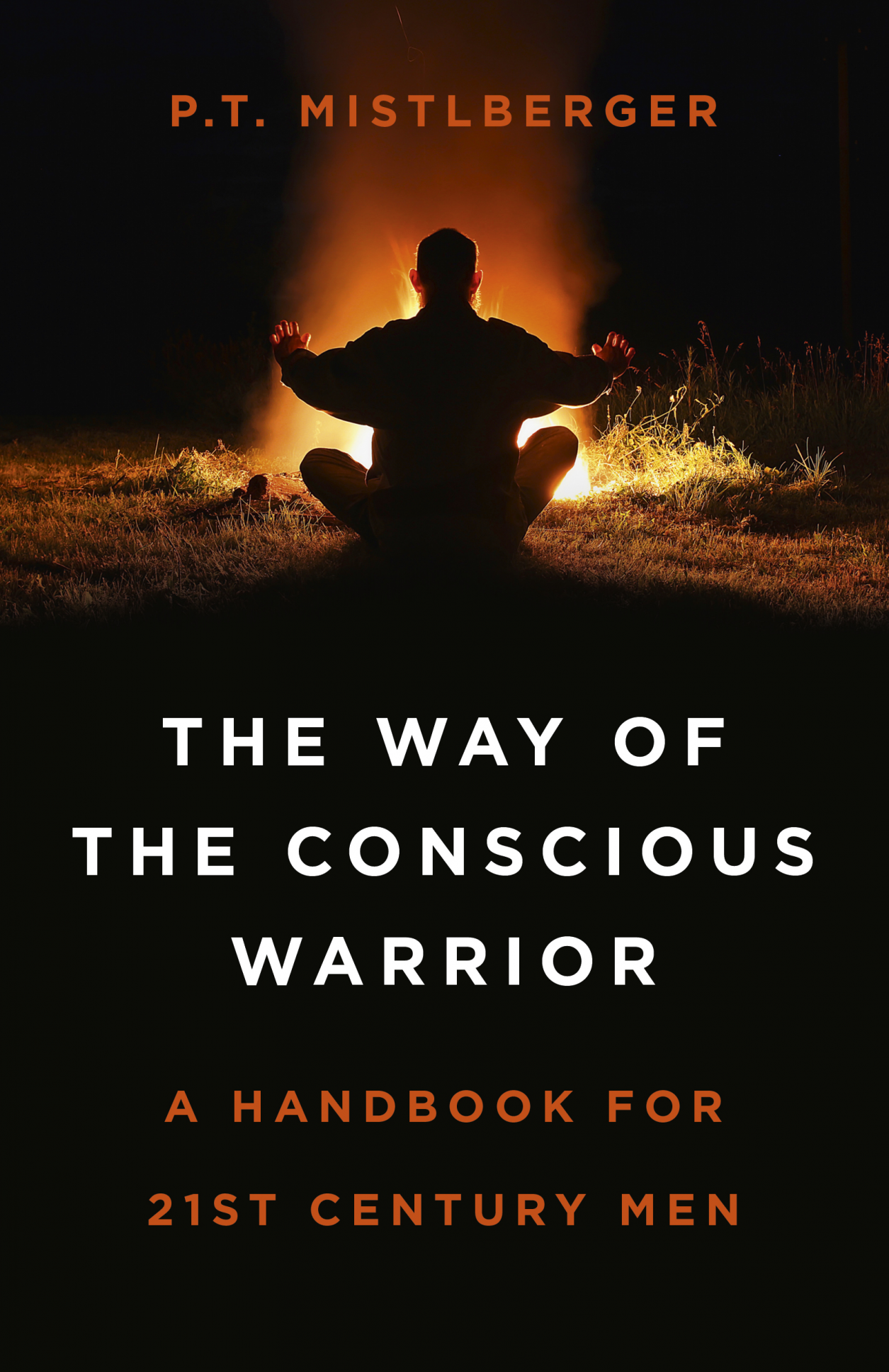Early twenty-first-century Western men inhabit a very complex and challenging time in history. After centuries of social and political marginalization Western women achieved a measure of status in the early twentieth century, particularly when they obtained, in some nations, the right to vote and eventually the right to run for political office as well.
The overarching reasons and motives behind feminism and the necessity of women’s liberation of some sort is largely beyond reproach. However, the psychological effect on men of women’s liberation has been less clearly looked at or understood. The Industrial Revolution, and particularly its effects from the late nineteenth century on, unquestionably changed the ways in which families operated—fathers were in general less present, being off in factories and offices, coming home late and tired, with little energy left over for socializing with their children.
The decades following the Second World War saw generations of men being raised largely by their mothers, as the fathers were off rebuilding the world or in some fashion involved in the booming post-war economy. Of course, there were exceptions to this trend—men who were productive and responsible providers as well as psychologically competent parents. However, most men born after the mid-1940s (the Baby Boomer generation and beyond) can relate to the idea of being raised in a family where the father was minimally present. He was usually the breadwinner, the main provider, and he may even have been respected (or feared), but he was typically not very involved in the emotional lives of his children. He was important via his absence, material support, and even his reputation, but less so by his interactive presence. This latter was the domain of the mother.
The consequences of this have been well described in the literature of the so-called modern men’s movement, perhaps most effectively and eloquently by Robert Bly in his 1990 landmark work Iron John. The main point (drawing from both psychoanalytic theory and common sense) is that young boys, when growing up, typically encounter a time—somewhere between the ages of 6 and 10—when they begin to truly understand that they are of a different gender than their mother.
It’s at this point that they are supposed to bond more deeply with the father, and eventually be initiated into the world of young manhood. However, since the advent of the Industrial Revolution and especially the aftermath of the great world wars of the twentieth century, this mentoring or initiation by the father (or male ‘tribal elders’) was either of diminished quality or absent altogether. Consequently, most young men (especially those born after the mid 1940s) were raised largely by their mothers with marginal contact with their tired fathers in the evenings or on weekends. A consequence of that is how such boys come to regard masculinity—and most particularly, their own masculinity—and older male figures in general. Overall, it has not been positive.
Bly, for one, characterized the youthful male of the 1950s (that is, men born roughly between 1925 and 1940) as ‘boyishly optimistic’ with a tendency to see women as bodies first and souls second. The 1950s man was disciplined, hardworking, traditional, and given to the ‘us vs. them’ mentality, a product of the world war he grew up in the shadow of.
However, the young man of the 1960s (born typically in the latter half of the 1940s, the early wave Baby Boomers, some of whom became the first hippies) was something markedly different. Anti-establishment, in many cases anti-war in reaction to the very unpopular Vietnam War, and influenced by burgeoning feminist values along with spiritual ideas imported from the East, he demonstrated a softer nature.
This was carried on and, in many ways, accentuated in the 1970s young man (born mostly in the 1950s), the late wave Boomers and marginal hippies who by now had become in some ways shaped by feminist ideals and the beginnings of ongoing awareness of civil rights and heightened sensitivity toward political correctness.
The trend toward softness and rejection of traditional masculine virtues continued with the 1980s–90s young male (the first Gen-Xers, born mostly in the 1960s and early 70s), with the added element of increasing technological complexity in communications, and the effect this had. The late ‘Gen-Xers and ‘Millennials’—those born mainly in the 1980s and early 1990s—are now dealing with entirely new paradigms that have no precedence.
In current times, our communication technology has been advancing so rapidly that it is not easy to understand the full psychological impact it is having on younger men. But in general, the effect is working to blunt the sharper qualities of masculinity—directness, emphasis on purpose and accomplishment, and the confidence that arises from success in those areas. In short, many modern men are struggling to retain the better qualities of the warrior.
 P.T. Mistlberger is a transpersonal therapist, seminar leader, and author of The Three Dangerous Magi, Rude Awakenings, The Inner Light, and his latest release The Way of the Conscious Warrior. He is the founder and director of Conscious Relationships Training and the Samurai Brotherhood. Mistlberger has spent his life scouring the globe, teaching workshops and seeking the best of the world’s wisdom traditions. www.ptmistlberger.com
P.T. Mistlberger is a transpersonal therapist, seminar leader, and author of The Three Dangerous Magi, Rude Awakenings, The Inner Light, and his latest release The Way of the Conscious Warrior. He is the founder and director of Conscious Relationships Training and the Samurai Brotherhood. Mistlberger has spent his life scouring the globe, teaching workshops and seeking the best of the world’s wisdom traditions. www.ptmistlberger.com




















